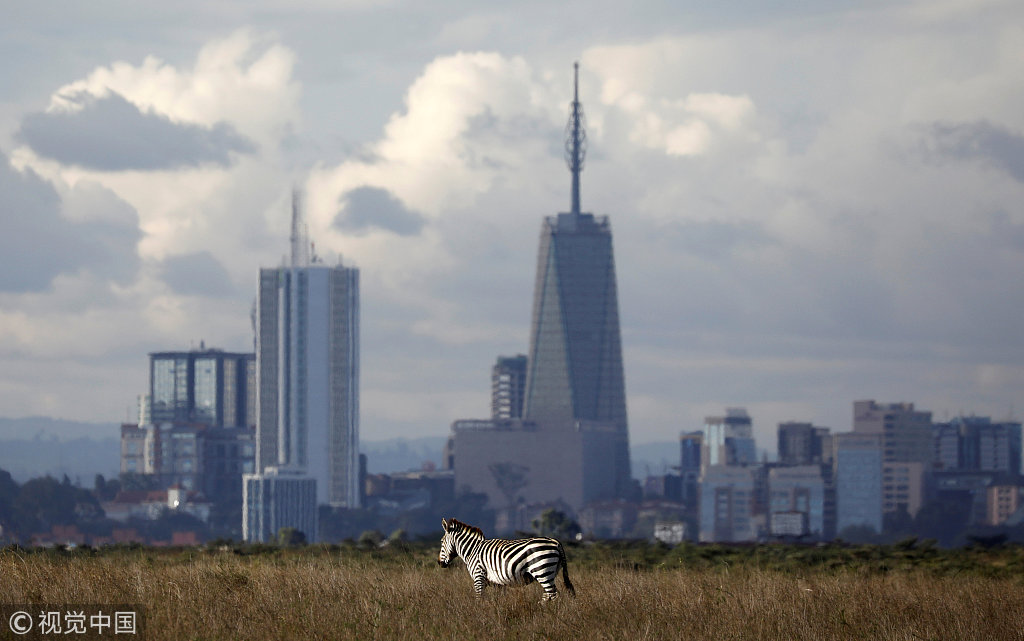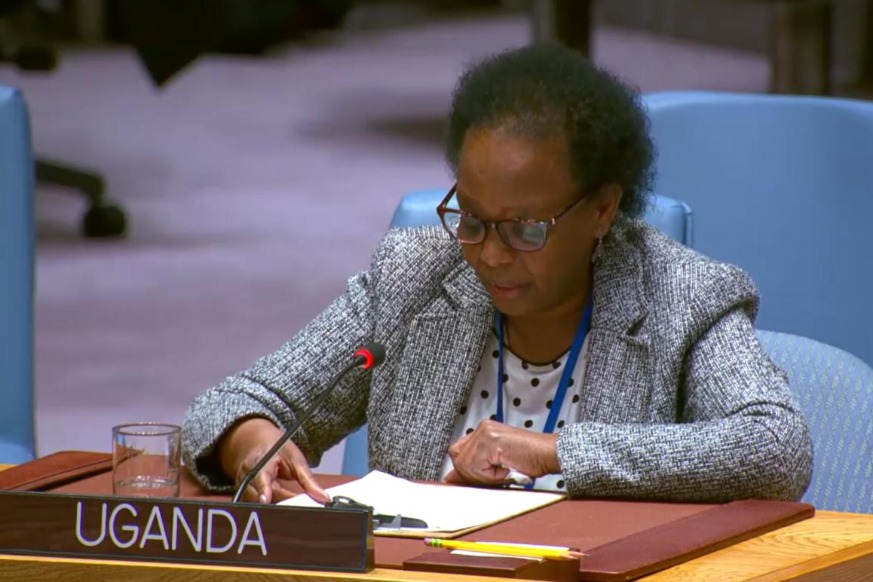Kenya steps up bans on plastic bags


However, the prohibition also results in unemployment of 60,000 people
When you walk through the streets of Nairobi's Kibera, the largest urban slum in Africa, the first impression is of cleaner streets and waterways. The very few plastic bags are noticeable only near dump sites.
Two years ago, you were likely to see plastic bags flying through the air or clumped in drains and on riverbanks. It was also normal to encounter human feces wrapped in plastic bags in trenches, popularly known as "flying toilets".
The same change is also seen in Mathare, the second largest slum in the city.
Generally, Kenya is now a clean country.
The transformation is attributable to a ban of plastic bags, which started in July 2017 nationwide by prohibiting the use, manufacture or import of plastic bags. Offenders risk imprisonment of up to four years or a heavy fine up to about $39,000.
According to National Environment Management Authority, more than 24 million plastic bags were used in Kenya monthly in 2010, half of them heading for municipal solid waste disposal.
Eric Mutwiri, assistant chief at Kibera's Sarang'ombe location, said that cholera outbreaks, which mostly resulted from use of flying toilets, are currently rare.
"To address the flying toilet issue, the city council issued a directive that every plot in slum areas should have a toilet or a pit latrine. Many landlords have complied with the directive, while others are using public toilets, which charge 5 ksh ($0.05) per single use," he said.
Joseph Nzoka, a veterinary doctor, said livestock deaths due to plastic bag consumption have decreased significantly and animals are healthier.
"Often times, animals will mistake plastic bags for food and consume them. Once ingested, they cannot be digested or passed by an animal hence they stay in the gut, consequently preventing food digestion and later leading to death," he said.
Bwana Kale, the chairman of Promise Organization, a Lamu dhow operator's organization, has been cleaning the Lamu beach as a volunteer for the past 20 years.
"Since the ban of plastic bags, the Lamu beach is clean and we foresee increased tourists to the island," he said.
However, the ban has resulted in the loss of jobs, affecting about 60,000 people working in 170 plants, according to the Kenya Association of Manufacturers.
To address the challenge, the Ministry of Environment and the National Environment Management Authority has cooperated with KAM on the goal of holistic management of plastic bottles in Kenya.
Manufacturers have committed to initiating eco-friendly strategies as well as developing comprehensive recycling schemes guided by circular economy principles, aimed at promoting responsible and sustainable management of waste polyethylene terephthalate bottles.
Kenya isn't the only African country adopting the plastics ban. Actions are also seen in other African countries.
According to Nao Tekeuchi, associate waste management specialist at the United Nations Human Settlements Program, 25 African countries have introduced legislation on plastic bags and Styrofoam products or announced imminent action.
Eritrea was the first African country to ban plastic bags. It banned plastic bags in its capital, Asmara, in 2002, followed by the cities of Keren and Dekemhare.
However, Francesca Calisesi, an associate officer with Solid Waste Management (also known as SWM) and Energy at UN-Habitat, said a plastic bags ban alone cannot solve the menace of plastic waste.
She said municipal SWM, the main source of plastic wastes, should be immediately addressed together with accelerated investment in recycling sector development.
"The municipal SWM issue requires special attention in Africa. Only less than 5 percent of the total SWM-focused development finance between 2003 and 2012 was received by sub-Saharan Africa region," Calisesi said.
































